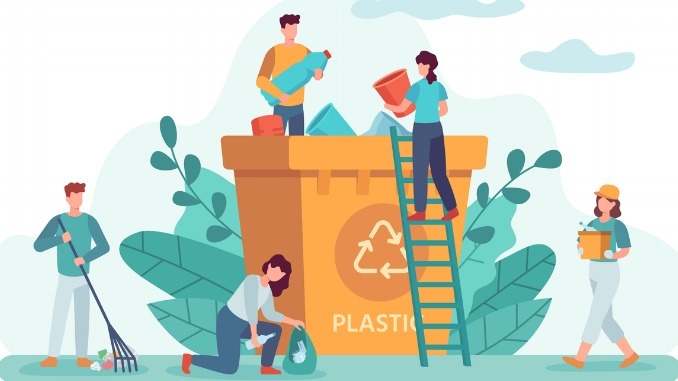
As awareness of microplastics grows, businesses are increasingly recognising the need to address this emerging environmental and health concern
CREDIT: This is an edited version of an article that originally appeared on Forbes
Recently, microplastics have become a hot topic, shifting the focus of corporate sustainability strategies. While many businesses have primarily concentrated on reducing carbon emissions, the rising awareness of microplastics highlights the need to also prioritise further minimising plastic use to achieve sustainability efforts.
Until recently, microplastics were largely viewed as an environmental issue, primarily of concern to marine biologists due to their detrimental effects on aquatic ecosystems. However, increasing research has revealed the widespread presence of microplastics and their potential impact on human health. In 2022, studies found that microplastics were detected in the blood of approximately 77% of participants, highlighting a concerning link to human exposure.
In 2024, researchers from Columbia and Rutgers conducted a groundbreaking study on microplastics in bottled water. Utilising advanced optical imaging techniques, they detected approximately 240,000 micro and nanoplastic particles per litre of bottled water.
The simple steps to take action
Many companies with physical supply chains also contribute to the problem of microplastics. However, the positive news is that these companies can mitigate their impact on microplastics while still achieving their business objectives.
- Manufacturing plastic products often results in the production of “duds” or scrap material—pieces that do not meet quality standards and cannot be sold to customers. Instead of disposing of these materials, companies can explore options for repurposing them. By finding innovative ways to reuse or recycle this excess material, companies not only reduce waste but also support their sustainability goals.
- Reduce single-use plastics in the workplace with reusable alternatives. Dealers can support these efforts by providing special offers on reusable products and introducing refillable options. These seemingly small changes can have a significant impact, clearly reflecting a company’s commitment to sustainability and environmental responsibility.
- Dealers can raise awareness of microplastics by providing customers with guidance on substituting plastic products with sustainable alternatives and offering advice on responsible plastic disposal practices.
Addressing the microplastics issue doesn’t have to be a costly or complex endeavor. By adopting simple, cost-effective measures, businesses can significantly reduce their plastic footprint. Implementing practices such as repurposing manufacturing waste, switching to reusable office items, and educating customers on sustainable alternatives and responsible disposal are practical steps that align with broader sustainability goals. These changes not only contribute to environmental preservation but also demonstrate a company’s commitment to innovative and responsible practices.


Be the first to comment